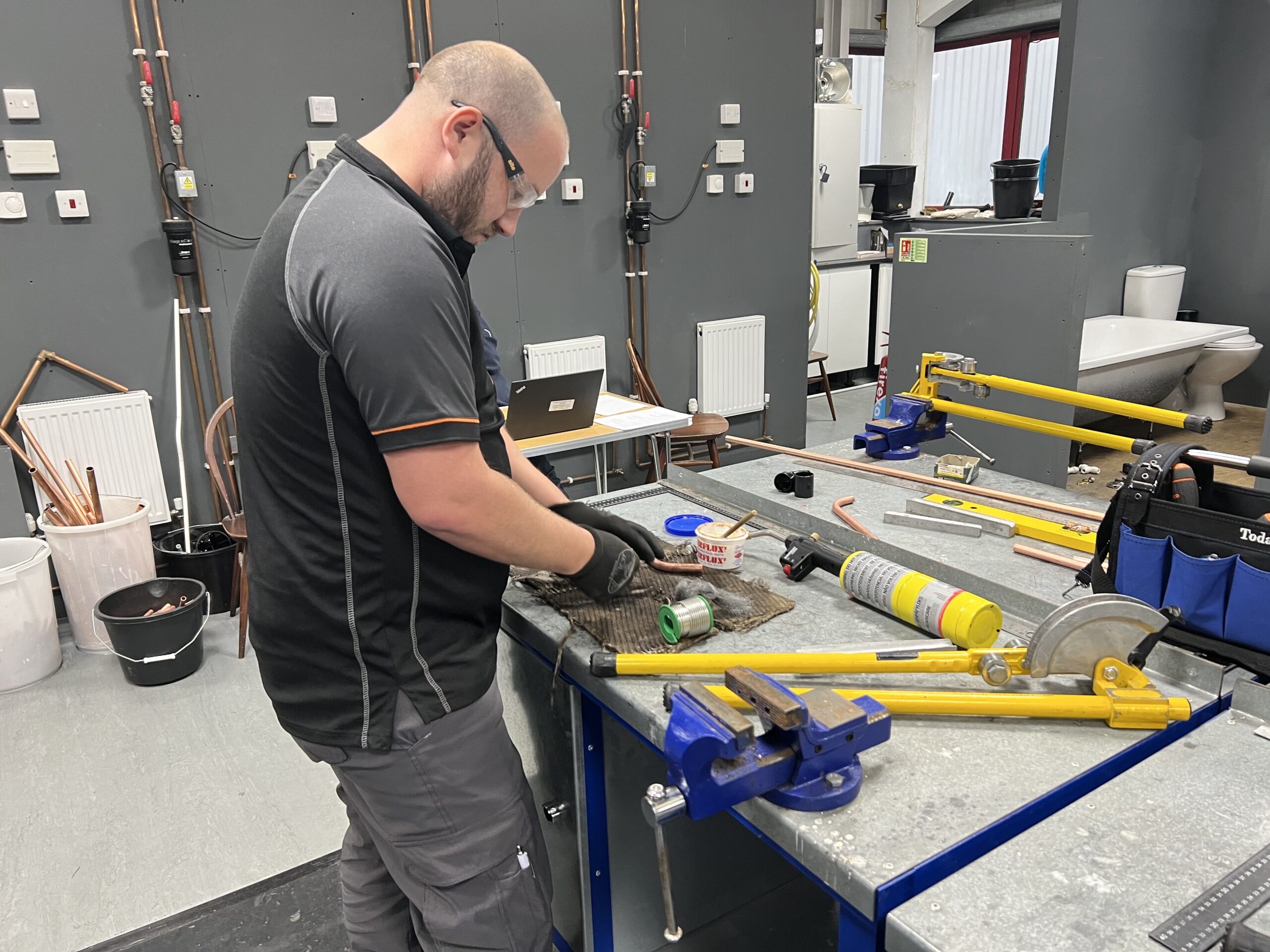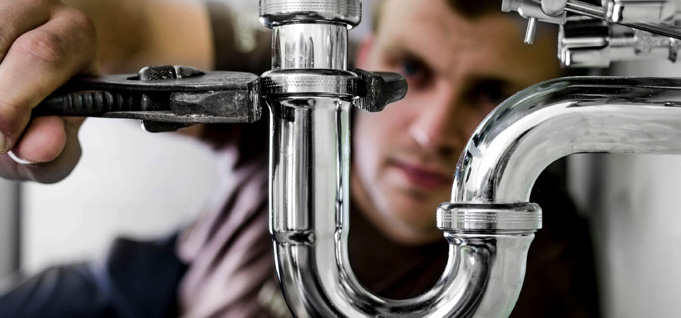On the 1st October, HMRC’s new reverse charge for construction services, including heating, plumbing, lighting, air conditioning and ventilation work, comes into force.
This means that the recipient of goods rather than the supplier must account for VAT due on certain construction-based services.
Why is reverse charge VAT being introduced?
The aim of reverse charge VAT is to combat missing trader fraud in the construction sector. It has already been introduced for the sale of computer chips and mobile phones.
How will reverse charge VAT work?
Any VAT registered business delivering construction related services (including building services) working for another VAT registered business will be required to issues a VAT invoice stating that the service is subject to domestic reverse charge. From October, the recipient will no longer pay this VAT to the supplier, but direct to HMRC through their own VAT return. As normal, the recipient may recover VAT subject to the normal rules.
The value of such reverse charge services will not count towards the VAT registration threshold, which is good news for smaller businesses.
Industry concerns
Many in the construction and building services sector are concerned that there is no transitional period, creating potential cash flow problems. The introduction of reverse charge VAT’s timing is also poor, considering the potential of a ‘no-deal’ Brexit at the end of October.
SNIPEF, BESA and the SEC Group have joined with other construction bodies to urge government to defer the introduction of VAT reforms until 2020 over fears about further market uncertainty.
These industries groups have sent a letter to Chancellor Sajid Javid, signed by over a dozen major construction industry bodies, asking to delay introducing reverse charge VAT by at least six months.
What did the letter say?
“If introduced in October, we believe reverse charge VAT will have a significant negative economic impact on the industry, substantially increasing the burden on business and restricting cashflow.
“The timing of these changes could not be worse given they are due to take place just before the UK is expected to leave the EU, quite possibly on ‘no deal’ terms.
“Reverse charge VAT could lead to a loss of productivity, reduced cashflow and in the worst cases, lead to a hit on jobs, tipping some companies over the edge. Small business owners will be least able to cope, as they already spend on average 44 hours per year, which is the equivalent to six working days, on VAT compliance and are currently getting to grips with ‘making tax digital’ for VAT returns.”
What do you think about reverse charge VAT?
- Did you know about it?
- Will it affect your business?
- Are you concerned about it?
For more information about reverse charge VAT, click here.









